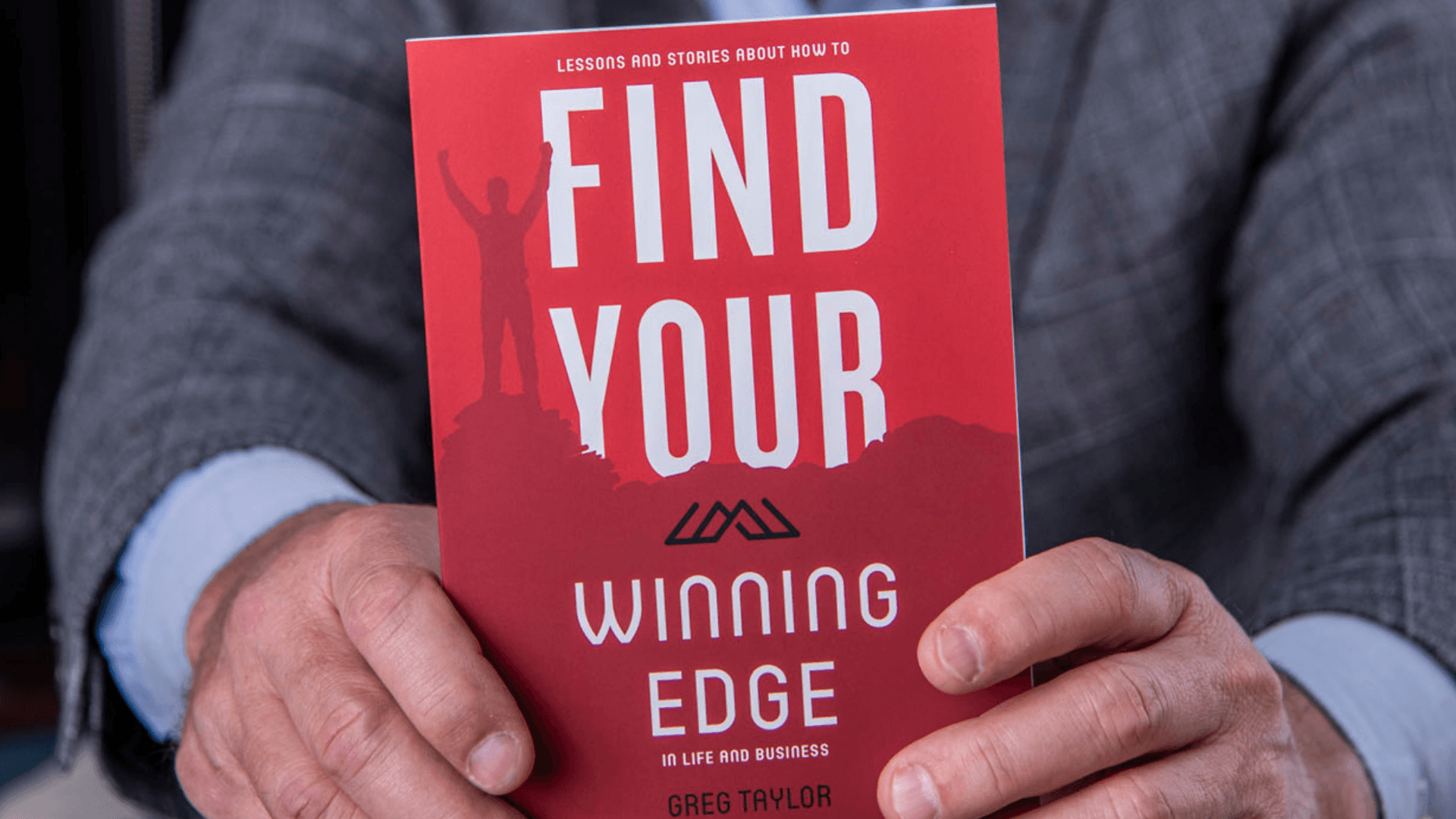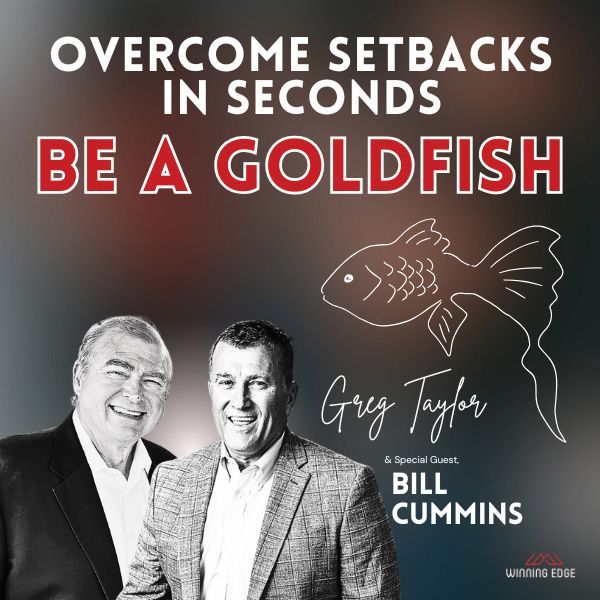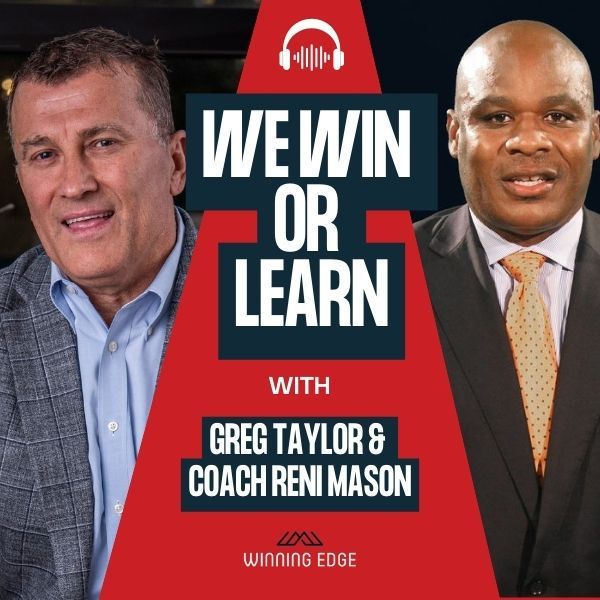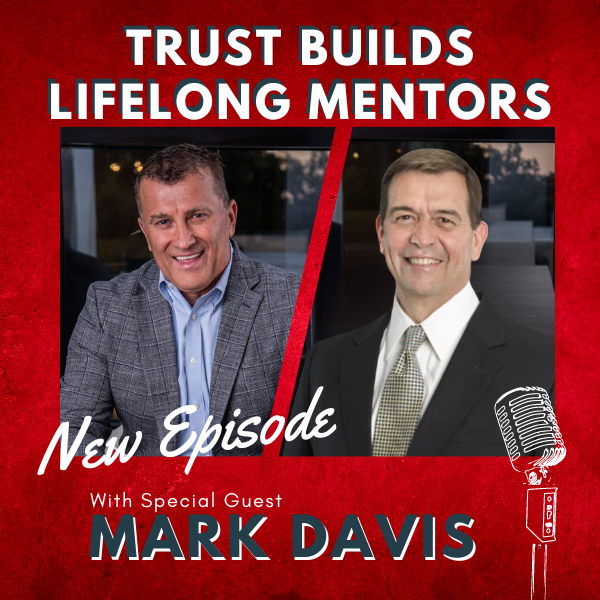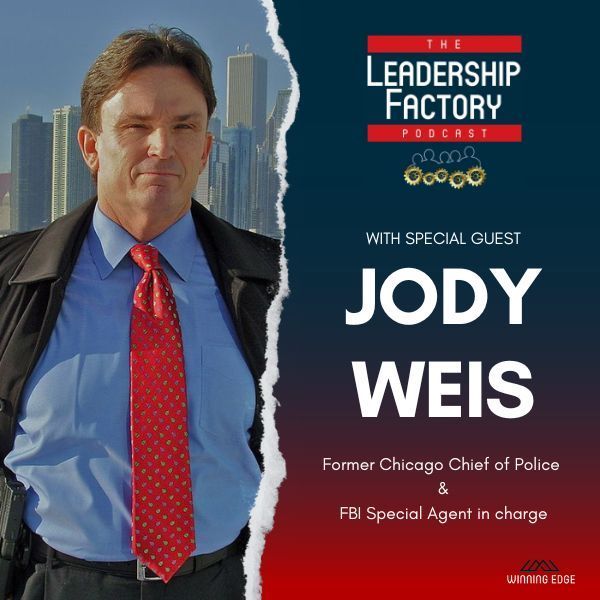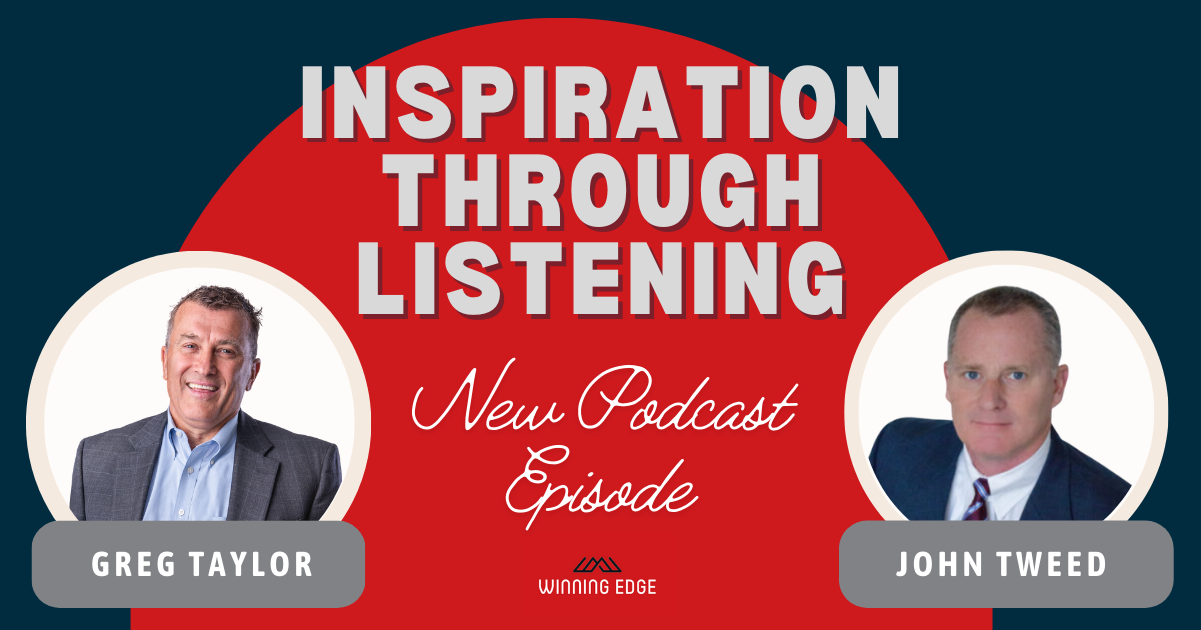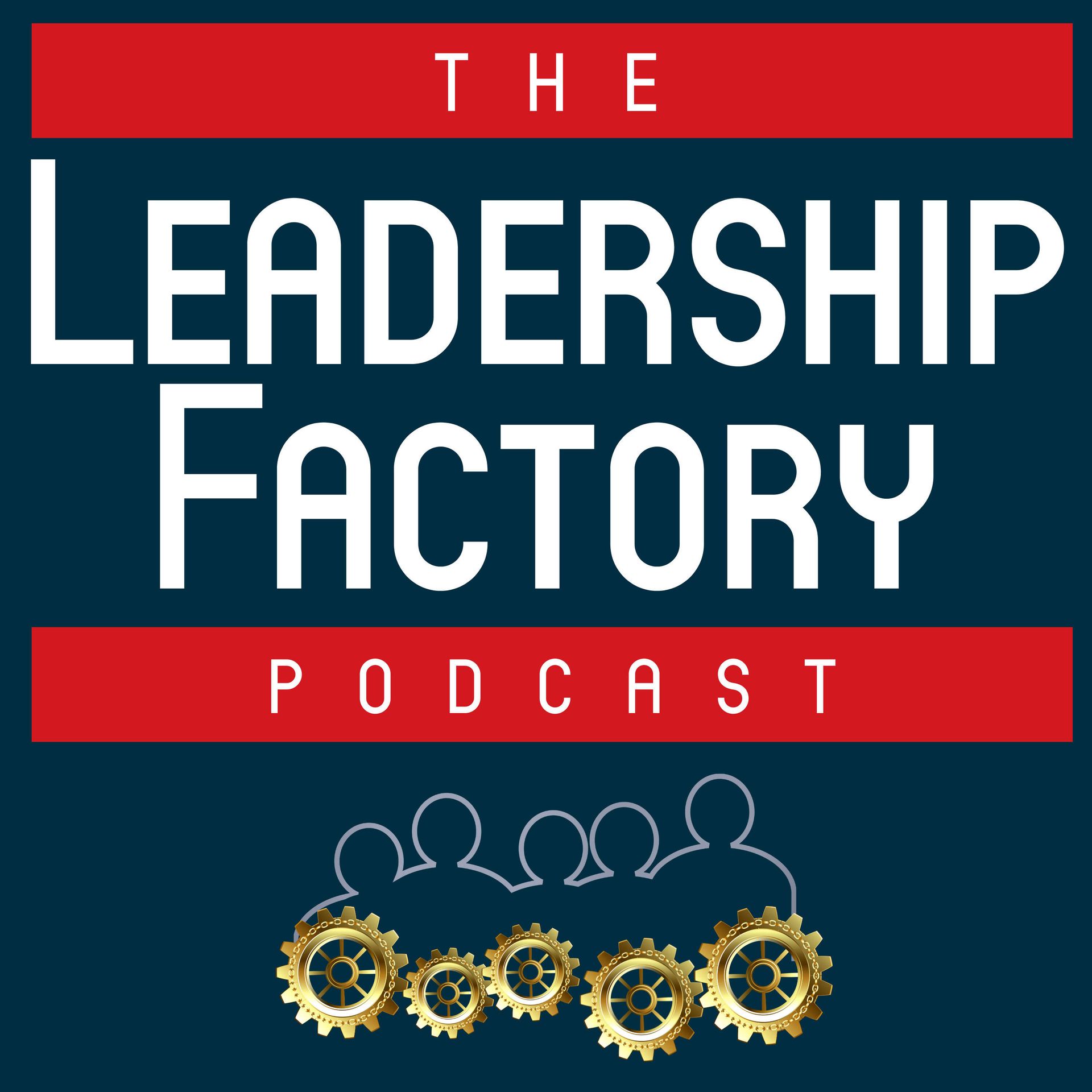For everything I’ve done right as a parent, sometimes it feels as if I did the wrong thing first! My kids were both football players, and one mistake that I can’t ever forget is telling them, “Don’t be afraid!” Was I crazy? They were playing against kids that were bigger, faster, stronger–I was telling them to just hit these comparative giants as hard as they could–and to have no fear while doing it! They thought I was out of my mind. And, in a sense, I was.
Who wouldn’t be afraid? I was denying them the chance to process their sincere and rational feelings by denying the legitimacy of the feelings themselves. This was not the way to inspire them. This was a sure-fire way to depress them and build anxiety into their spirit and heart.
What is courage?
As I wrestled with this, I began to consider the idea of courage. The soldier in battle, the fireman running into a burning building, the helicopter pilot rescuing a stranded sailor in a storm—one simply couldn’t be in those situations and not know fear. So their courage coexists with fear. It allows them to resist, persevere, and overcome in spite of their fear. Their courage does not eliminate it. So, courage, defined, is not the absence of fear but the resistance to it.
Four ways to become more courageous:
1. Be conscious of your unhealthy fears–write them down and analyze them.
Ask yourself probing questions. Is my fear physical? Is it mental? Am I afraid of rejection? Do I fear failure?
2. Confront that which you fear.
Engage directly in the activities that give you the greatest apprehension. It can be uncomfortable, but with repetition, it gets easier. Rarely are the actual circumstances or conditions as unpleasant as your fears make you believe. Think of the introvert that hates cocktail parties. The more of these they attend, the easier it gets. And the fears will diminish.
3. Make sure your inner circle encourages you and supports you.
Be around people who believe in you–people who want to see you become the best version of yourself. Take an inventory of friends and associates, and see who encourages you and who promotes fear. Gravitate toward those that encourage, and establish healthy boundaries with those that do not.
4. Educate yourself.
Fear often comes from ignorance. When we have limited or incomplete information, our minds become fertile ground for doubt and fear. Think of someone who knows they are sick but doesn’t yet know a diagnosis. No diagnosis equals no treatment and no idea of the outcome. Once we know what’s wrong, our focus can turn to getting better rather than just worrying about the unknown.
The bottom line is this–if we manage our fears with knowledge and judgment, they will not stifle us. Rather, we can continue to move forward in the ongoing process of
COURAGE IS GREATER THAN FEAR in becoming the best version of ourselves!
Let’s Grow by having the courage to resist our fears!
Purchase the
Find Your Winning Edge
eBook Today
Lessons and Stories About How To Find Your Winning Edge In Life And Business
